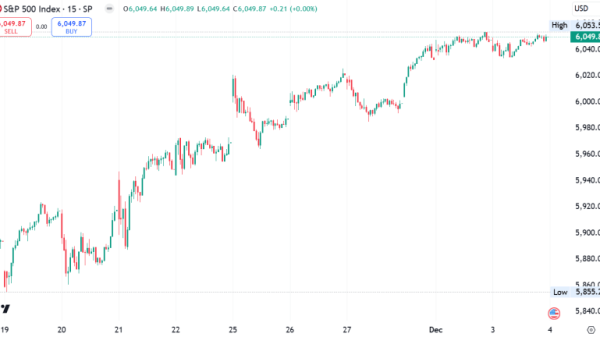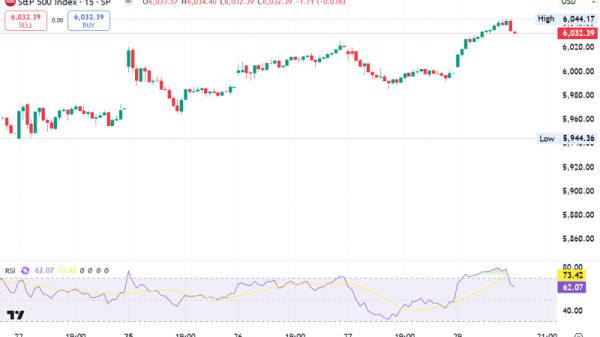By Leika Kihara
TOKYO (Reuters) – Japan’s government finalised a $92 billion supplementary budget on Friday to shield households from rising living costs, which may underpin consumption but also worsen its already strained public finances.
The 13.9 trillion yen ($92.4 billion) spending package, which includes handouts to low-income households and funds to extend fuel subsidies, follows a string of stimulus measures deployed since the COVID-19 pandemic.
It also keeps Japan’s debt pile, already twice the size of its economy, elevated at a time when the Bank of Japan is dialling back its decade-long, ultra-loose monetary policy that has kept borrowing costs near zero.
“We need to have wages rise faster than the rate of inflation to make households wealthier,” Prime Minister Shigeru Ishiba told parliament on Friday, stressing the need to promote investment and continue hiking Japan’s minimum wage.
“Until we achieve an economy where wage growth exceeds inflation, we must support those who won’t reap the benefits of higher wages as much as others,” he said.
The supplementary budget, which slightly exceeds the 13.2 trillion yen in spending under last year’s stimulus package, was approved by cabinet on Friday. It will be deliberated in an extraordinary parliament session that convened this week.
Aside from payouts to low-income households and those with children, the government will resume subsidies to curb utility bills from January to March 2025, extend petrol subsidies and increase spending for disaster relief. It will also provide aid to boost Japan’s chip and artificial intelligence industries.
Analysts at Mizuho (NYSE:MFG) Research & Technologies expect Ishiba’s spending package to lift Japan’s gross domestic product by 0.1% point in fiscal 2024 and by 0.6% point in 2025, mainly through lifting consumption and public works spending.
But they cast doubt on the feasibility of deploying big spending when inflation is accelerating and supply constraints like labour shortages, rather than weak demand, are weighing on growth.
“Given the unstable political standing of the minority ruling coalition, there’s a strong chance fiscal spending will keep expanding. That’s a big source of uncertainty for Japan,” they wrote in a research note.
($1 = 150.4400 yen)




































